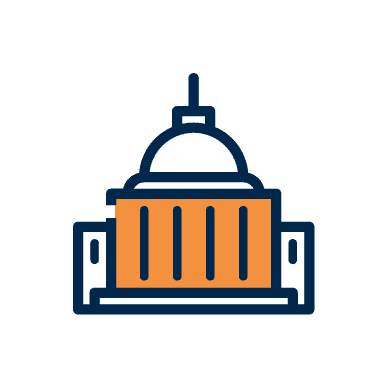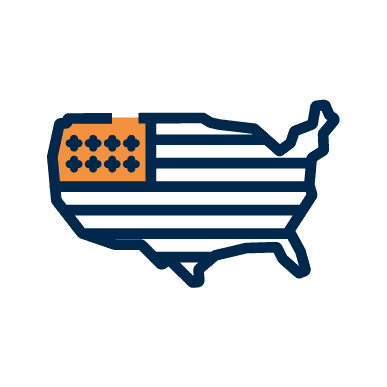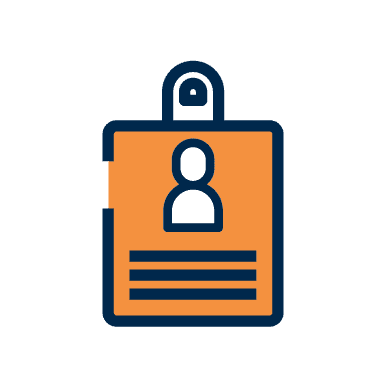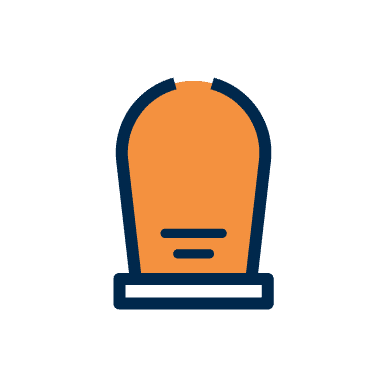Beginning in 2021, both the HHS OIG and the DOJ have leveraged their resources to focus to the fraud and abuse schemes against federal health care recipients and programs related to the COVID-19 pandemic. As the pandemic in the US appears to be drawing down, federal action to identify and address fraud spawned from the pandemic is ramping up.
After the public health emergency (PHE) was declared in March, 2020, the traditional health care delivery model requiring in -person medical appointments created risks to both patients and caregivers as COVID-19 spread across the county. To meet the needs of federal health care patients and programs, policies were enacted in 2020 to enable increased access through remote/virtual health care services. Telehealth, which had been in limited use for some time, took on much greater importance for a broad spectrum of medical services because it offered flexible health care from a safe distance. With the temporary relaxation of some regulatory requirements and oversight during the pandemic, the opportunities for abuse in the form of telefraud and telehealth fraud abounded.
Telehealth Scams & Upcoming Pandemic-Focused Audits by the OIG
Many of the OIG audits in 2020 were directly related the quality of care in nursing homes and other senior-centric settings hard-hit by the pandemic, in order to assure that beneficiaries were receiving the care that they needed. While the OIG continues its focus on quality, the 2021 audit plan reflects a pivot toward fraudulent schemes that evolved from the pandemic. “It’s clear fraudsters see the COVID-19 pandemic as a money-making opportunity — creating fraudulent schemes to victimize beneficiaries and steal from federal health care programs,” said Deputy Inspector General for Investigations Gary L. Cantrell of the HHS-OIG. “We will continue to support the unprecedented COVID-19 public health effort by holding accountable people who use deceptive tactics to profit from the pandemic.”
On February 26, 2021 , Christi Grimm, HHS-OIG Principal Deputy Inspector General, released an open letter that affirmed the OIG’s belief in the importance of virtual care, telehealth, and other digital health technologies to address the healthcare access challenges created by the pandemic but also re-affirmed the OIG’s commitment to curbing fraud in the telehealth industry notwithstanding the temporary relaxation of regulatory burdens during the PHE. She announced that the OIG is ramping up its oversight work related to telehealth services provided since the PHE was declared in March 2020. Ms. Grimm stated, “OIG is conducting significant oversight work assessing telehealth services during the public health emergency.” The recent updates to the OIG Work Plan reflect the increased focus on COVID-19 related areas of health care, including telehealth.
She drew a distinction between telefraud schemes and telehealth fraud. Telefraud evolved from telehealth fraud. Telehealth fraud involves fraudulent billing for ancillary services and items such as lab tests and DME made in connection with a telehealth virtual visit. Telefraud relates to schemes that leverage the reach of telemarketing in conjunction with medical staff to increase the size and scale of the perpetrator’s criminal operations and offer sham virtual medical appointments which often are not even billed.
Department of Justice – Task Force Focused on COVID-19 Fraud & the COVID-19 Crackdown
More recently, the Department of Justice has also created new infrastructure specifically to enhance enforcement efforts against COVID-19 related fraud. On May 17, 2021, the U.S. Attorney General Merrick Garland announced the establishment of the COVID-19 Fraud Enforcement Task Force to partner with other federal agencies to pursue those individuals and organizations that profited unlawfully during the pandemic. The Task Force participants include entities within the Department of Justice, including the Criminal and Civil Divisions and the Federal Bureau of Investigation as well as inter-agency partners, such as the Departments of Labor, the Treasury, Homeland Security as well as the Special Inspector General for Pandemic Relief (SIGPR) and the Pandemic Response Accountability Committee (PRAC). Attorney General Merrick stated, “The Department of Justice will use every available federal tool—including criminal, civil, and administrative actions—to combat and prevent COVID-19 related fraud. While it is impossible to keep all those intent on carrying out illegal COVID fraud schemes from doing so, the Department of Justice and its partner agencies have already been working to hold hundreds of bad actors accountable.”
Less than two weeks later, on March 26, 2021, the DOJ announced its first 2021 national fraud crackdown. As the result of a coordinated law enforcement action to combat health-care related fraud related to COVID-19, the DOJ announced criminal actions against 14 defendants across seven federal districts for fraudulent schemes directly related to the pandemic and which resulted in more than $143 million in false billings.
“The multiple health care fraud schemes charged today describe theft from American taxpayers through the exploitation of the national emergency,”
said Deputy Attorney General Lisa O. Monaco. “These medical professionals, corporate executives, and others allegedly took advantage of the COVID-19 pandemic to line their own pockets instead of providing needed health care services during this unprecedented time in our country.”
The 14 defendants in the cases are alleged to have engaged in various health care fraud schemes designed to exploit the COVID-19 pandemic. This included offering COVID-19 tests to Medicare members at various points of contact (such as senior living centers and drive-through sites) to gain access their personal information and blood/saliva samples, which they then used to unlawfully submit claims to CMS for bogus or unnecessary expensive lab tests such as cancer genetic testing and respiratory pathogen panel tests. The cases also included, for the first time, charges directly related to the relaxed telehealth rules changed because of the pandemic – the submission of false and fraudulent claims to Medicare for sham telemedicine encounters that did not occur.
In the District of Southern Florida, where the telehealth-related criminal activity was investigated, two defendants were charged in connection with an alleged $73 million conspiracy to defraud the United States and to pay and receive health care kickbacks during the pandemic. The defendants allegedly offered telehealth providers access to Medicare beneficiaries for whom they could bill consultations. In exchange, these providers then referred those beneficiaries for expensive and medically unnecessary cancer and cardiovascular genetic testing to testing laboratories owned by one of the defendants.
CMS Center for Program Integrity
On the same day, May 26, 2021, CMS flexed its authority as well, announcing that that its Center for Program Integrity took action against over 50 medical providers for health care fraud schemes relating to COVID-19 or abuse of CMS programs that were designed to encourage access to medical care during the pandemic.
Conclusion
Based on the recent DOJ action taken to create the necessary infrastructure to fully investigate and prosecute fraud related to COVID-19, as well as the HHS-OIG audits slated for 2021 and beyond, the full impact and extent of the pandemic-related fraud will not be established. As stated by Christi Grimm, the OIG’s audit reports will provide “objective findings and recommendations that can assist policymakers who are considering which telehealth flexibilities can be made permanent.” Until that occurs, the future of an expanded permanent role for telehealth post-pandemic and the regulatory restrictions needed to protect federal health care programs and members from fraud related to telehealth is an open question.


































